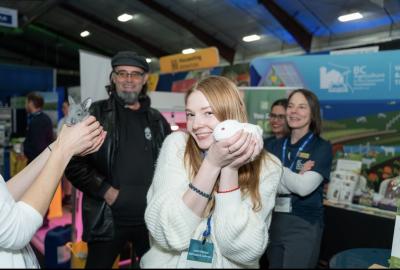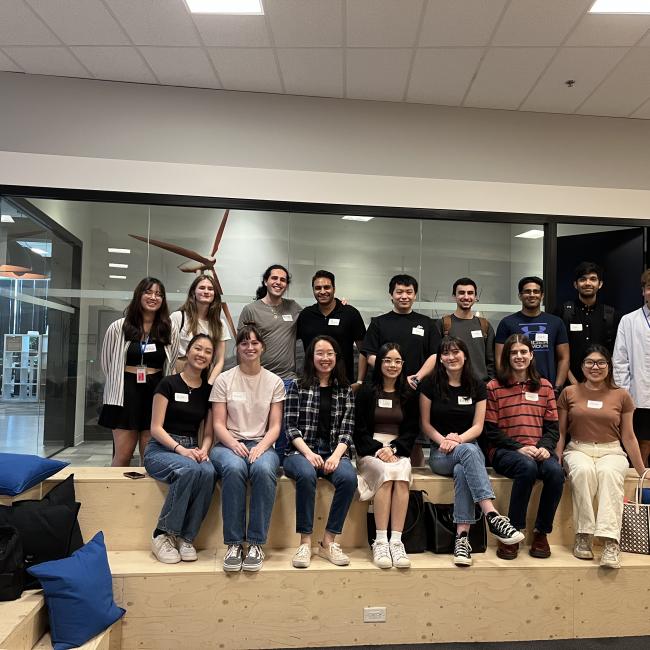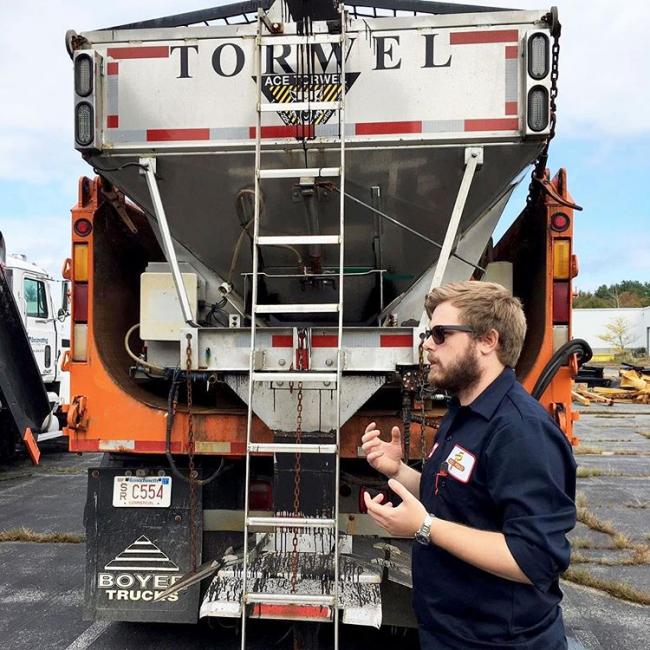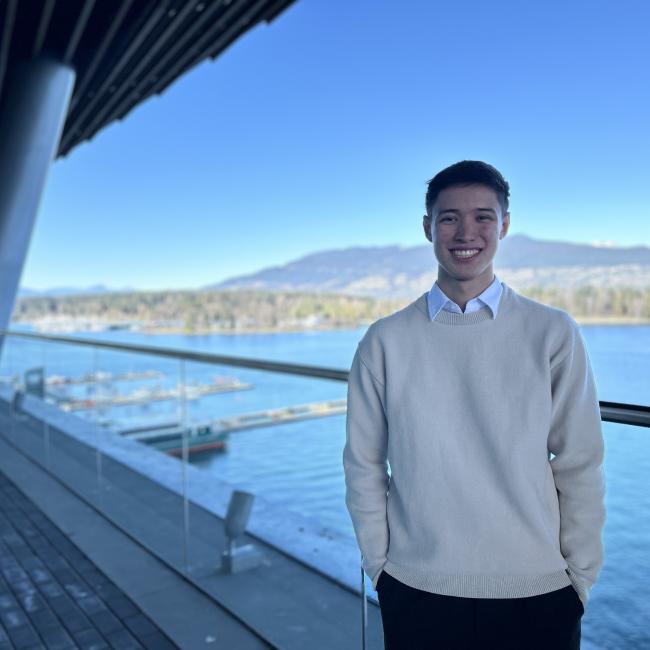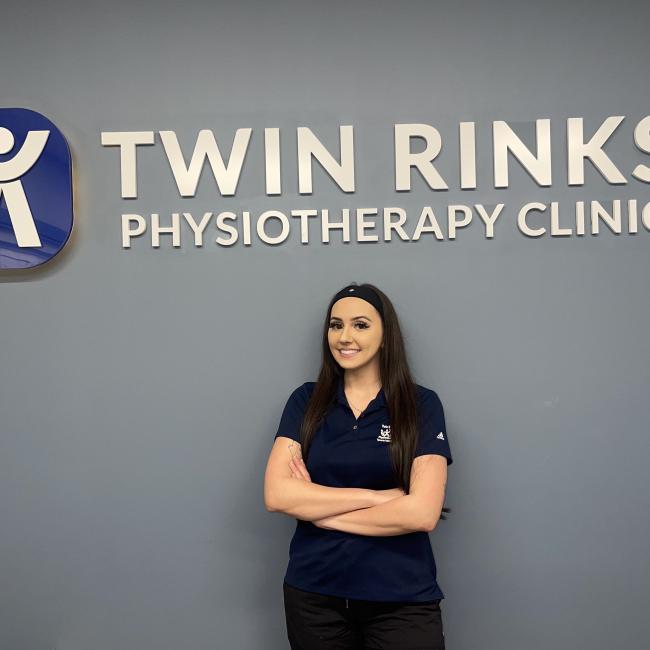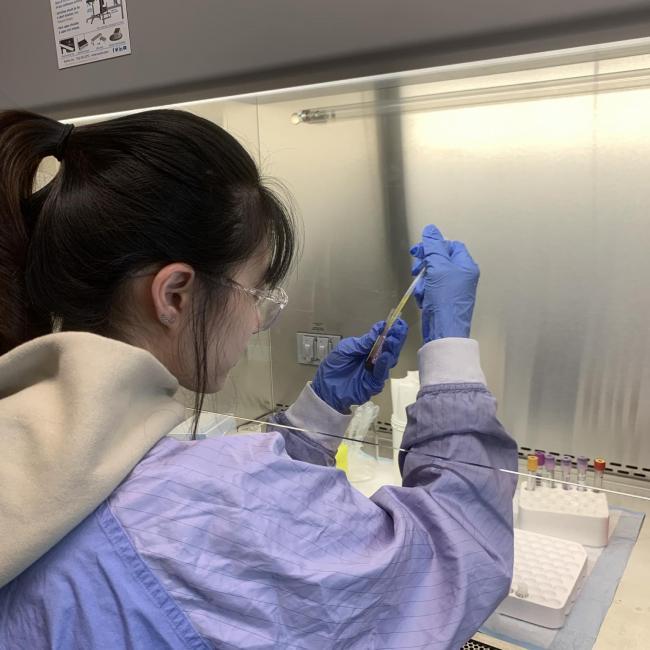Sabinder Khara’s contributions as an SFU co-op student at Weatherhaven Global Resources Ltd have gained him valuable hands-on experience—while helping to advance the company’s recent multi-million-dollar contract to develop re-deployable shelters for Canada’s national defense program.
Khara, a student in the School of Mechatronic Systems Engineering’s Professional Master’s Program, spent a co-op term with the Coquitlam-based company last fall and this spring secured a full-time position to continue his role as a product development engineer.
In 2017 the company won a $168 million contract to deliver more than 1,400 tactical tent-based shelters to the federal government department as part of a Headquarters Shelter System. The new system will be used to support Canada’s humanitarian and peace-keeping efforts at home and around the world.
The shelters are being developed with deployment speed, strength and thermal properties in mind—factors that Khara has focused on in his role at Weatherhaven. His work includes setting up strength tests, quality inspections and temperature impacts for various components of the shelter fabric and frame, as well as the fabrication of 3D prototypes.
He also organized a production line for assembling D rings on fabric and frame components and assisted in conducting road tests in the field, using different shelter load configurations.
“It is an amazing opportunity to apply what I’ve learned as an engineer on such an exciting project,” says Khara, who completed his bachelor of engineering (hons) degree in mechanical engineering at the University of Hertfordshire, UK in 2010. He graduates with his master’s degree from SFU this spring.
“The company is very supportive and encourages the brainstorming of ideas for improving test procedures, and I’ve been documenting these for future reference.”
Weatherhaven’s VP of Global Operations, Alberto Moreno, says Khara and three other SFU co-op students currently working at the company (two from MSE and another from the Beedie Business School) not only provide advanced technical skills but add a wealth of creativity to the company’s teams.
“We find that co-op students like Sabinder are not only practical in conceiving ideas but can also creatively implement them,” says Moreno.
Last summer, Weatherhaven and SFU signed a Memorandum of Understanding (MOU) that formalized a $500,000 commitment from the company to SFU over the next five years in return for accessing a broad range of engineering, research and development and other resources.
The collaboration, designed to support the company’s national defense contract, includes hands-on co-op work terms and in-class mentoring by Weatherhaven engineers. It also enables prototype testing through SFU’s 4D LABS, and collaborations in areas such as materials science and structural engineering and design.
Khara was one of half a dozen MSE graduate students to participate at various companies as co-op students of the Professional Master’s Program last fall and again this past spring. The program began in 2015 and has since drawn students from around the world.
With a focus on the rapid pace of new product development and new manufacturing technologies, the MSE-PMP program aims to enable graduate-level students to specialize in mechatronic product realization, training engineers in leading-edge product development techniques, processes and manufacturing systems.
The co-op component allows students to apply their academic learning and expand their knowledge and skill base through related work experience. Through workshops and one-on-one support, the program prepares students vying for the most competitive opportunities in Canada and abroad.








